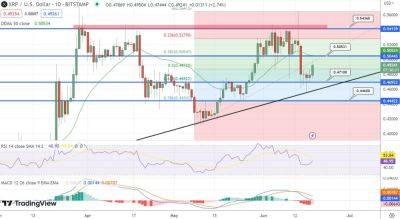‘We in the west were blinded’: China crackdown on business has Maoist roots
T o many western investors, China under president Xi Jinping is a tough nut to crack. While Chinese leaders insist that they welcome foreign investment, the ruling party’s extension of control to companies, with crackdowns on domestic tech giants and more recently the “anti-spying” raids on consulting firms, including America’s blue chip Bain & Company, are puzzling to the outside world.
Chris Marquis, author and professor of Chinese management at the University of Cambridge, believes that part of the explanation lies in the ruling party’s ideology. He says one must “dig into the Maoist roots in Chinese institutions and political economy to try to understand ideas that Xi has”.
“In the west, it’s very hard for people to really understand the depth of control [of the Chinese Communist party]. The party sits above the government, sits above the economy and the military even.”
With a history and sociology background, Marquis, who last year published Mao and Markets: The Communist Roots of Chinese Enterprise, has studied entrepreneurs, listed companies and provincial and city officials in China, and found that Mao Zedong’s ideology, campaigns and institutions continue to have a deep influence on their thinking.
For decades after the former leader Deng Xiaoping’s “reform and opening” policies of the late 70s, the west had hoped that China’s venture into open markets and private enterprise would spell the end of state-controlled economy.
“There was this dominant theory that when you open economically, political liberalisation follows,” he says. “We in the west were blinded. Based on our own natural bias, [we think] we have this great system and China will want to be like us, but actually, not.”
While the west welcomed Deng’s
Read more on theguardian.com

 theguardian.com
theguardian.com














